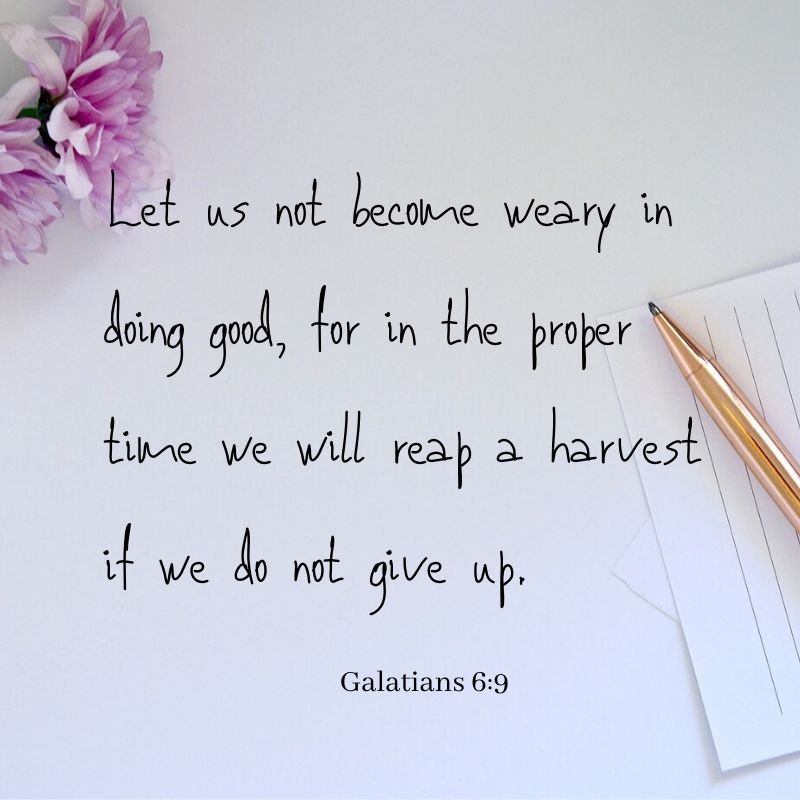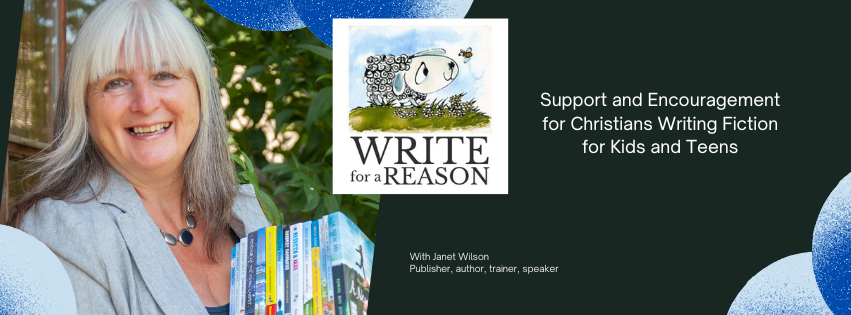Hello again writer friends! Last week we looked at how important it is to make writing a habit. This week, as promised, I have brought you some thoughts from published authors about their writing habits.

Rather than pick out ideas, I give you their comments in full – you’ll be inspired by the wonderful variety and their collective wisdom! (They all belong to the UK Association of Christian Writers. If you’d like to know more about any of the authors, click on their name to go to their Amazon Author Biography.)
“I write any time, any place anywhere. I use every means available – computer, phone, iPad, digital voice recorder, notebook and pen. I utilise every spare minute I can, so I have written whilst waiting for hospital and doctors appointments, waiting at a railway crossing when in the car (using DVR not taking my hands off the steering wheel) and in trains and planes, at airports, railway stations and when doing book signings. Write whenever and wherever you can.” – Wendy Jones
“My writing regime begins with prayer. I have a set time for that, then later in the day if I’m feeling okay I will do a little writing or jotting down of ideas, but mostly I wait till the evening because that is the only time I’m ever really well enough. I mention the prayer because if I didn’t spend time with God I don’t think I’d have much to say. Contemplative and listening prayer are where I get most of my ideas. Having said that, when it comes to children’s books, that can be a little different, as mine tend to have quite a bit of silliness in them. I think God enjoys silliness as much as we do! So I will jot down ideas, character names, book titles, and write bits as they gradually formulate into stories. I am motivated but not the least bit disciplined. The actual putting words to screen is fairly erratic, but seems to somehow get done. As I spend most of my life in bed, that’s where I sit up to write.” – Keren Dibbens-Wyatt
“I treat it as a job (because I’m hoping that one day it will pay me a salary!) so this helps me to avoid the distractions of housework and other jobs while I’m writing, because I know I’ll get to those in the evenings/weekends. (Or, in the case of housework, not at all…)” – Lucy Rycroft
“I’m with Lucy, treating it as a job and trying not to leave my desk while the children are at school. I like to have several projects on the go at different stages, so that if editing project A is turning my brain to porridge, I can spend an hour on the dreaming stage of project B. I give myself deadlines if they don’t exist externally, because I’m no good at writing without them. When I have a lot of work on, or I’m in the must-produce-a-chapter-a-day stage of a book, I try to get up early to get started. I find the early morning, before anyone else is awake, the best time to write; and I love that it helps me feel productive and ahead of the game for the rest of the day. However, I don’t find that a sustainable habit, so I only use it for certain seasons of a book.” – Amy Robinson
“I try to write whenever I can – I get a good hour in on Monday nights while the children are at gymnastics, for example, and while waiting for appointments. I too try to treat school days as work days, and I will always have lots of different writing jobs on. I try to mix up paid for writing (freelance Christian work) with speculative fiction writing and blogs so that my brain is kept as lively as possible. I also find that jotting down ideas which I then come back to is good. Writing away from home inspires me – sitting in a gallery with gymnastics parents, overhearing snippets of conversation and people watching often puts ideas in my head. For me, the key is to have my ears and eyes open in every situation I find myself in (the school run, doctors’ with my elderly parents, various clubs for children) and weave all that into my writing. Life is copy. I hope this is helpful.” – Ruth Leigh
“My main writing sessions are in the evening. Consistency is important for me. I usually write at my desk but I often use train trips to draft story and article ideas out via an app on my phone. I get quite a bit done that way. I am always working on flash fiction or standard length short stories but have bigger projects on the go too. For those I use weekend afternoons to make progress. When I get the odd half an hour during the day, I draft or edit something. I’ve got better over time at judging how I can make the most of the time I’ve got. I blog for an online magazine every week so plan my writing work around that. I try to get this done as early in the week as possible, then I switch to fiction writing, before preparing the following week’s blog. What I do know is I can always use any writing time available!” – Allison Symes
“I write when the kids are at school (but not as disciplined as I should be!). I only write during term time as I know I would get cranky with the kids if I tried to write with them at home. I write one book at a time. In planning stage I need to be in a creative place, so either in the garden in the summer, or in my bedroom (with a lovely view) in the winter. Planning is done with notepad and pen. I’ll then sit in my study and type up the book on my computer. I’ll also make notes on my phone’s note app when I’m away from my computer.” – Caroline Johnston
“After 20+ years always researching and writing sitting alone in silence at my desktop computer in my study (latterly at the bottom of the garden) for maybe 20 hours a week, increasingly over the last 10 years I write in nice warm comfortable coffee shops surrounded by music and people typically for 3 stints of 3 hours at a time in a week. In that I achieve 5000-7000 words a week. A luxury – but worth it.” – Peter Thomas
“I write one book at a time. The others are in holding patterns above my head, ready to be netted like butterflies. I give myself targets for finishing MSS first draft then for revisions and then for sending to my editor (yes, I pay for editing before I even start pitching). As for the actual writing which follows the planning (not cast in stone by any means), I plan for a week ahead. Invariably, I am a disappointment to myself. Even knowing that I am overoptimistic and reining back my expectations, I still fall short of my targets.” – Bobbie Cole
“I write in the evening if I can, sat on my sofa, snack nearby for afterwards (can’t eat and type, no multitasking…). Then I bash away till the chapter is done. I hate reading a book and stopping in the middle of a chapter, writing one is the same...” – Maressa Mortimer
“I have to be really disciplined about my writing, as I do it during the kids’ school hours. Often I find that motivates me though to simply get my head down and get going, avoiding as many distractions as possible. I have to say at the start of a project, or if I’m finding a section tricky, procrastination does rear its ugly head! And it is a struggle to down tools when I’m in a good flow (why does that always seem to happen about half an hour before school pick up time?!)” – Claire Musters
What a lot of wonderful variety! I do hope you found these honest comments helpful, and are encouraged that, whatever YOUR lifestyle, YOU CAN DO THIS!
If you have your own writing habit organised, share your wisdom in the comments below – perhaps you could encourage someone else? If not, be inspired to start your own writing habit – one that suits YOU. 🙂 Oh, and if you didn’t pick up your free 21 Day Writing Challenge last week and would like to have a go, you can do so here. It will start you off in the writing habit!
Have a lovely week, as we begin Advent and look forward to celebrating the birth of our precious Saviour,
Janet
P.S. Apologies in advance – I may be a day late again next week, as I might take the day off and go Christmas shopping!
P.P.S. That reminds me, if any of you are looking for Christian books for children/teens for Christmas, try dernierpublishing.com. This is where I work most of the day, when I’m not here with you. 🙂 Any queries about any of the books, please don’t hesitate to contact me – I’d love to help you choose!
